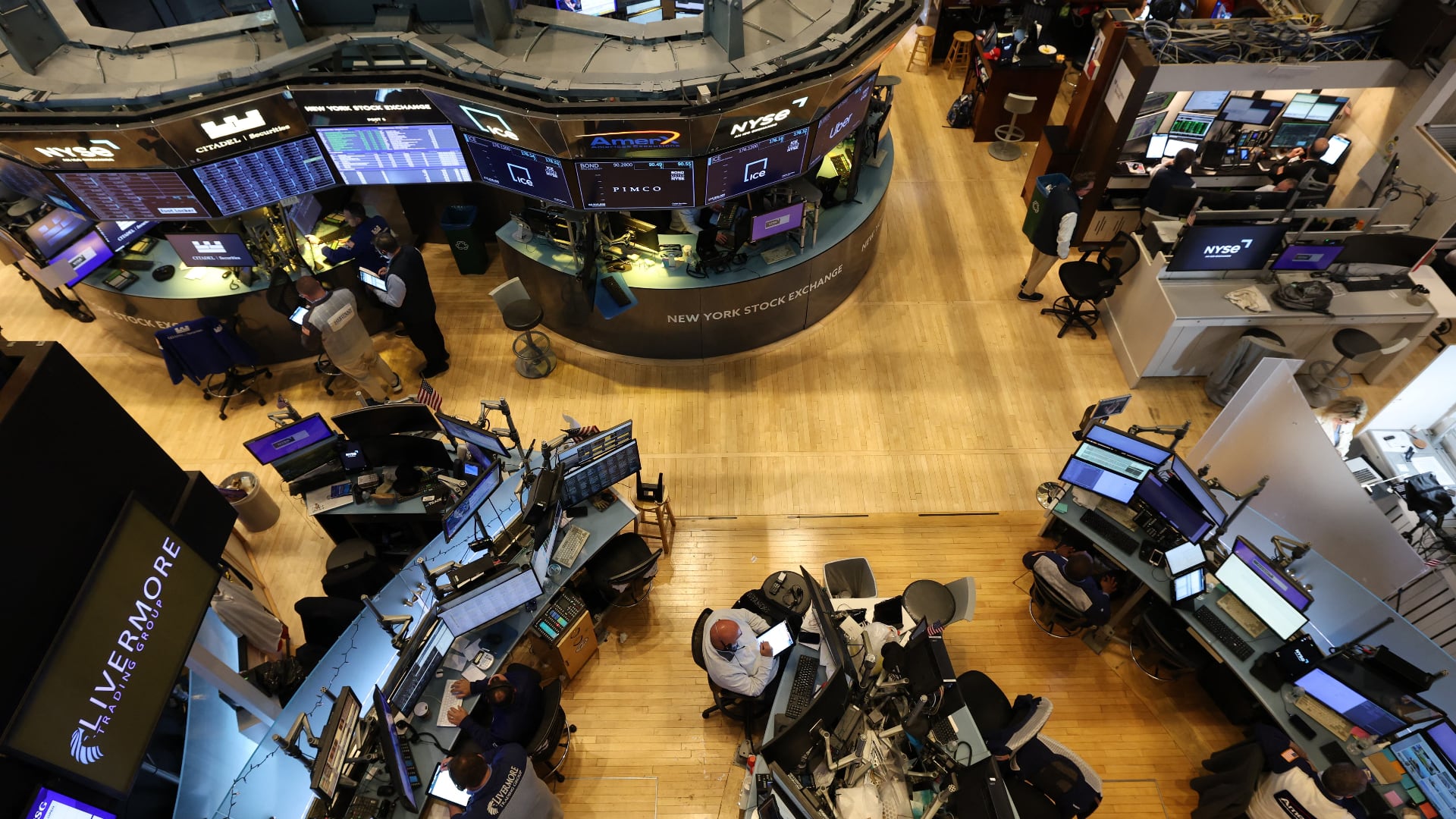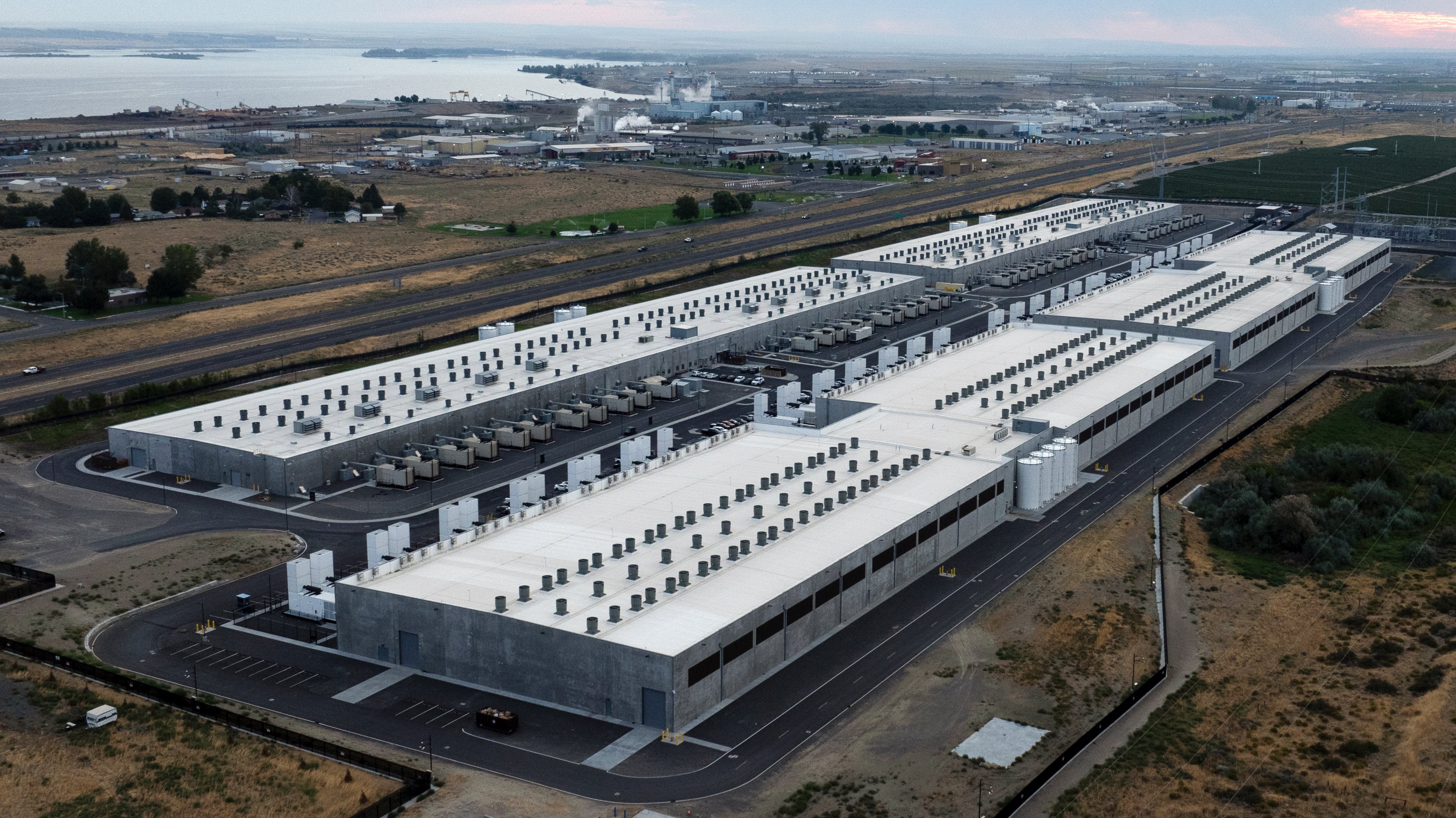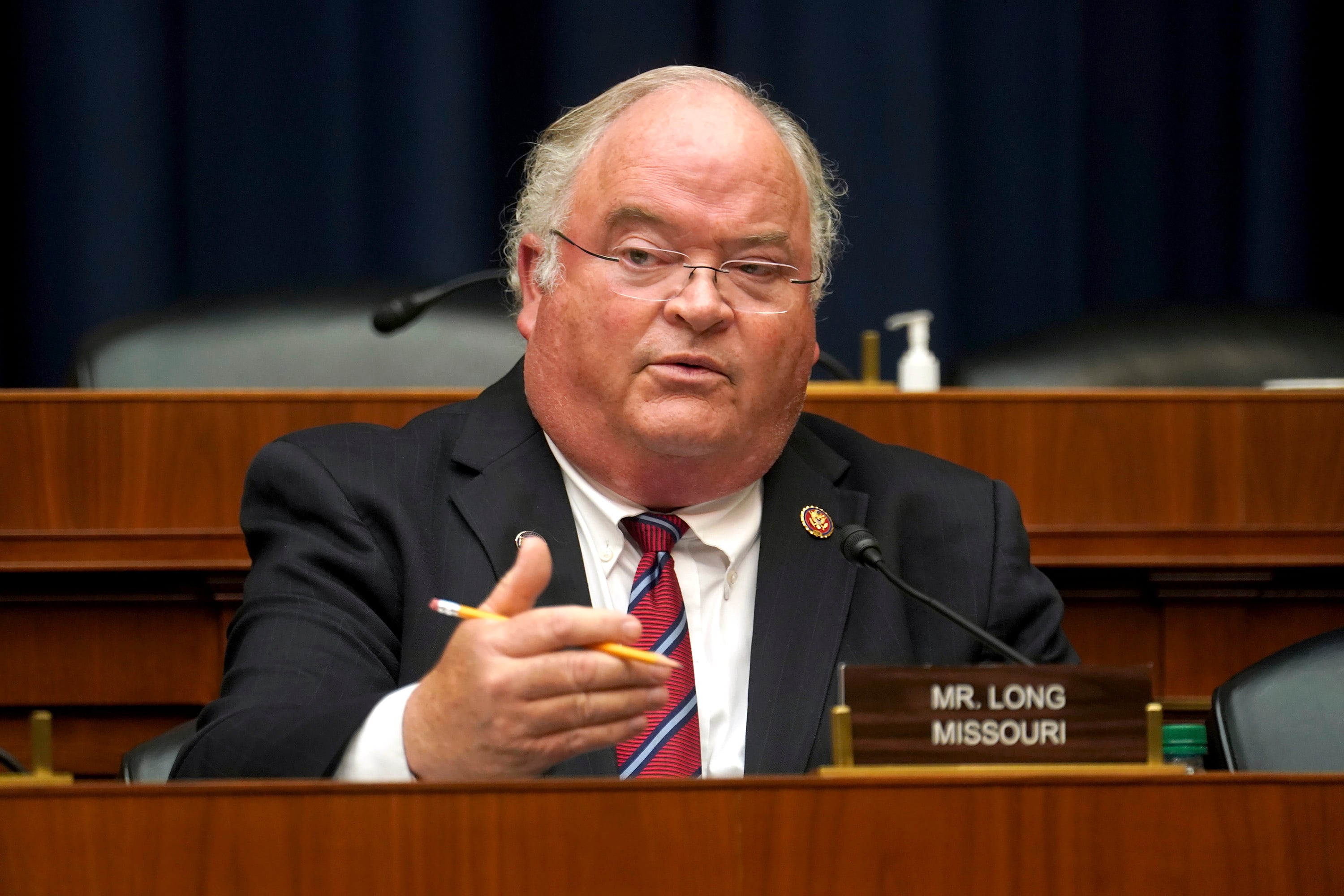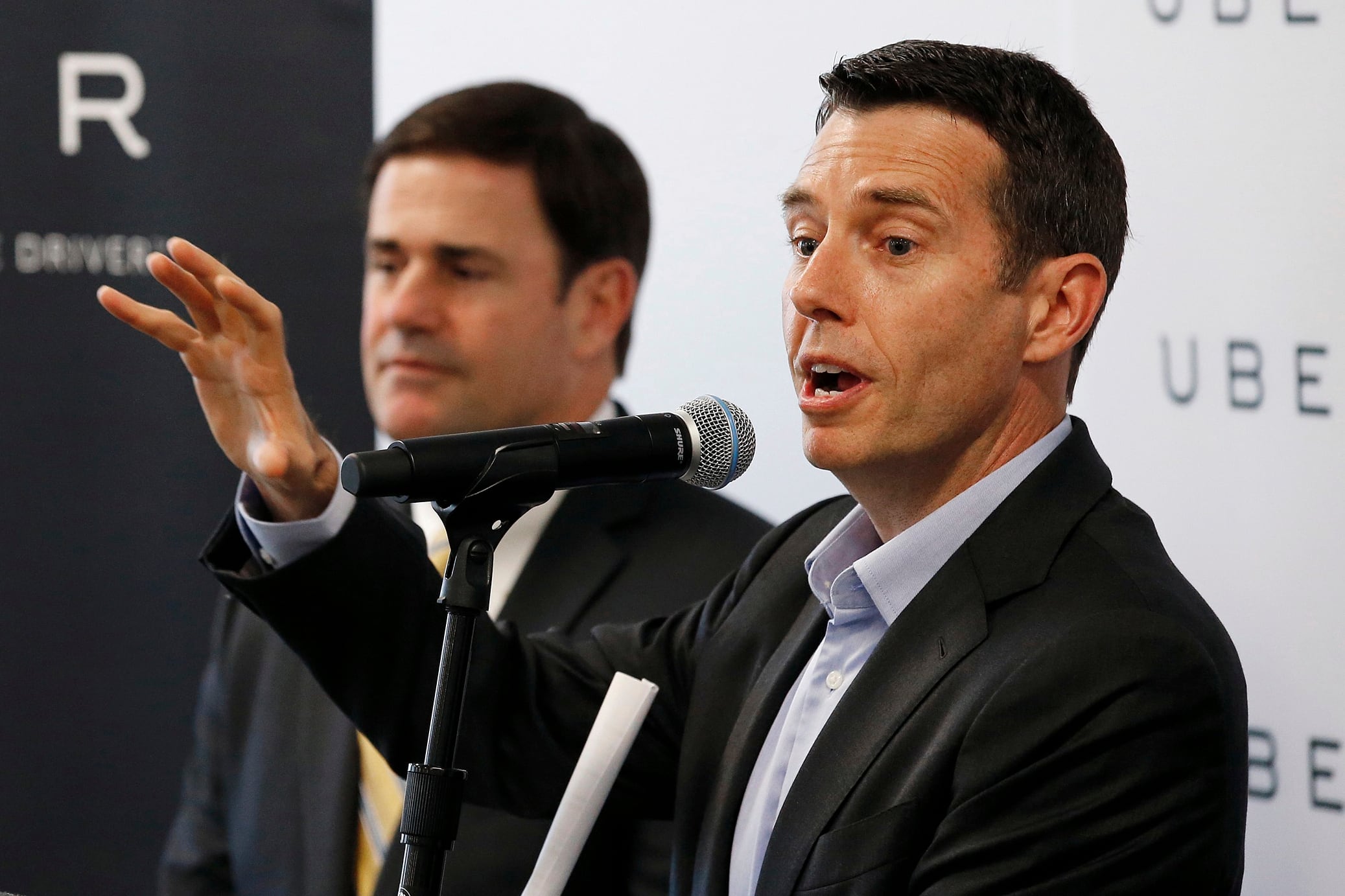By Damian J. Troise
Gains for several Big Tech stocks helped push the S&P 500 and the Nasdaq composite to more record highs on Wall Street Monday, even as weakness elsewhere in the market sent the Dow Jones Industrial Average and small-company stocks lower.
The S&P 500 also set a record high last Friday after investors welcomed an update from the Federal Reserve. In a speech, Fed Chair Jerome Powell helped ease concerns that a key factor in the market’s solid gains this year, low interest rates, will remain that way as the economy continues recovering from the pandemic.
“When you look at it, the impression is things are good and Powell essentially said he’s not the one who’s going to take the punch bowl away,” said Brad McMillan, chief investment officer for Commonwealth Financial Network.
Markets have been choppy in recent weeks as investors tried to gauge how much and how quickly the Fed will ease its support.
The S&P 500 added 19.42, or 0.4%, to close at 4,528.79 The Dow fell 55.96 points, or 0.2%, to 35,399.84 and the Nasdaq composite rose 136.39 points, or 0.9%, to 15,265.89.
The Russell 2000 index of small company stocks lost 10.70 points, or 0.5%, to 2,266.80. Both the Nasdaq and S&P 500 closed at all-time highs.
Technology stocks, which benefit from low interest rates, did much of the heavy lifting for the broader market. Apple rose 3%, while Amazon and Facebook each rose more than 2%.
Health care companies also had solid gains and helped lift the benchmark S&P 500. Banks stocks, which would benefit from higher rates, were the biggest drag on the overall market. Wells Fargo lost 2.8%.
Bond yields edged lower. The yield on the 10-year Treasury fell to 1.28% from 1.31% late Friday.
Energy prices were mixed as the the full impact of Hurricane Ida is still being assessed. The storm will likely take a toll on the energy, chemical and shipping industries that have major hubs along the Gulf Coast, but the impact on the overall U.S. economy should be modest so long as damage estimates don’t rise sharply and refinery shutdowns are not prolonged, economists suggested.
Crude oil prices rose 0.6%, while natural gas prices slumped 1.5% as Colonial Pipeline shut down deliveries in the south until it can assess damage from the storm.
Deal news helped lift several stocks. Affirm soared 46.7% after the payments company announced a deal last week with Amazon to offer shoppers a buy-now-pay-later option that doesn’t involve credit cards. Hill-Rom Holdings jumped 9.7% following reports that Baxter International is interested in buying the medical technology company.
Investors have several key economic reports to look forward to this week, including consumer confidence on Tuesday and the closely watched monthly employment survey from the Labor Department on Friday. Both could help investors better gauge the economic recovery's path as it faces some resistance from a surge in virus cases because of the more contagious delta variant.
Updated on August 30, 2021, at 5:08 p.m. ET.













